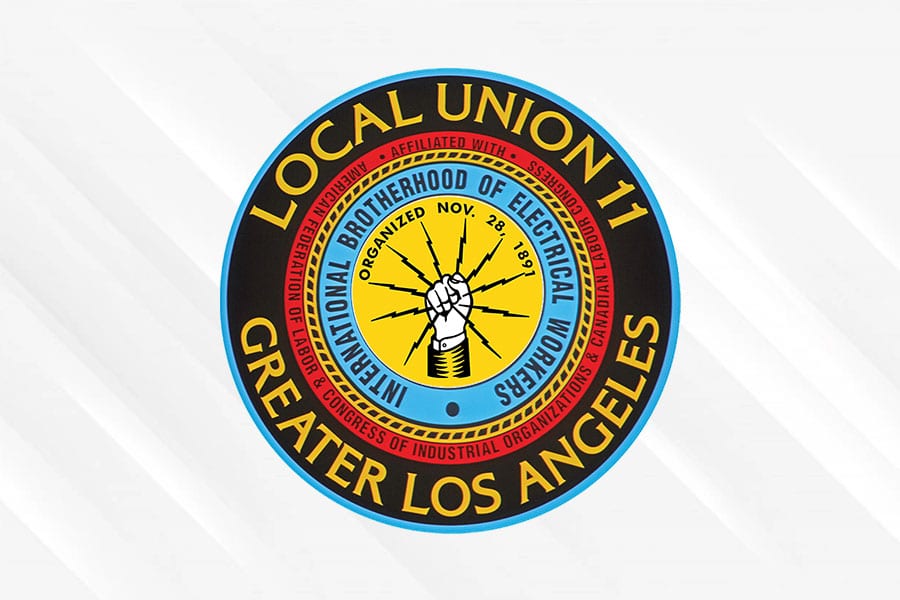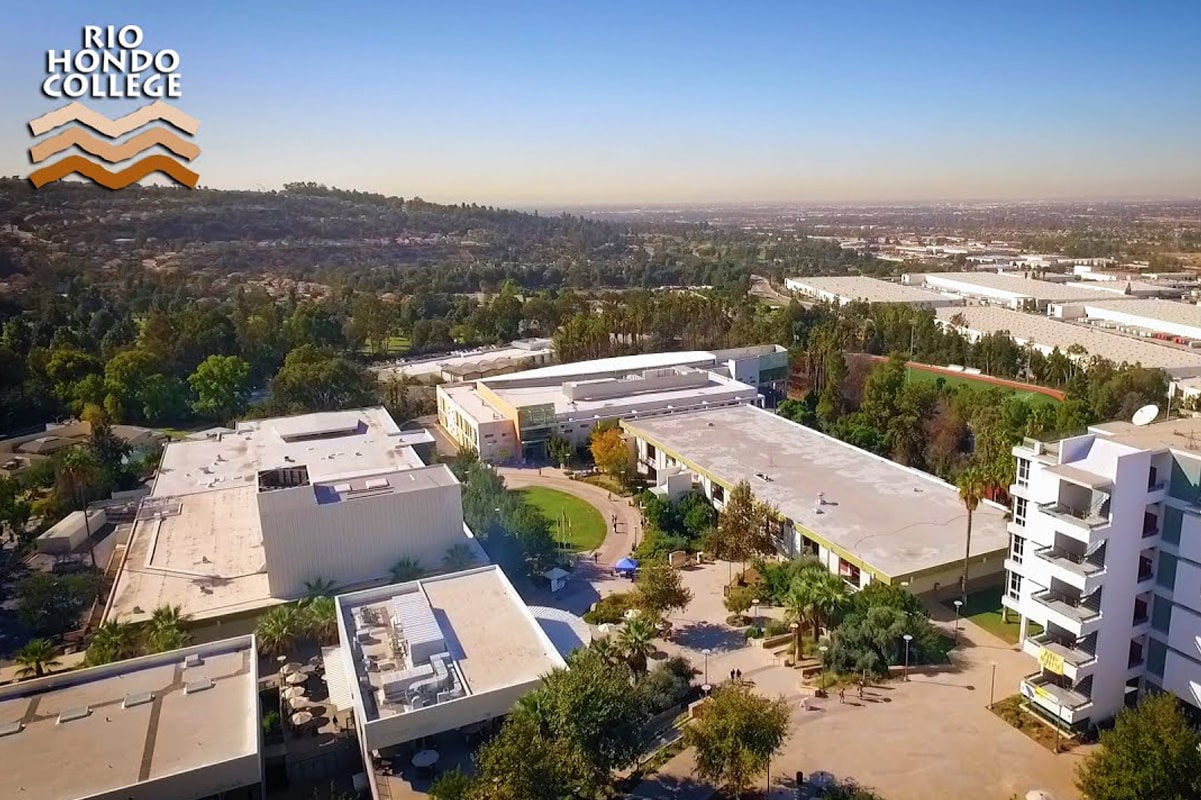Compliance Report — September 2024
As someone who sits at the compliance seat in our industry, I’ve witnessed firsthand how federal laws shape our landscape, particularly regarding job opportunities for our members. One significant area of focus is Project Labor Agreements (PLAs). Understanding their evolution can shed light on how presidential policies directly affect our work and the economy.
The Historical Context of PLAs
The journey of PLAs in federal projects dates back to the Clinton administration, when they were mandated on several significant construction projects. However, in 2001, President George W. Bush signed an Executive Order prohibiting PLAs on federally funded projects. While he did provide a mechanism for project-specific exemptions, it’s telling that only one request was made during his tenure.
Fast forward to the Obama administration, which recognized the value of PLAs, especially for large-scale projects. An Executive Order encouraging their use reinstated the focus on fairness and local investment, countering the previous administration’s stance. This period marked a resurgence in the understanding of PLAs as not just a labor agreement but a catalyst for job creation.
Trump, Biden, and the Future of PLAs
The Trump administration saw a concerted effort by organizations like the AGC and ABC to dismantle the pro-PLA stance established by Obama. However, President Biden has taken this further than any of his predecessors, mandating PLAs for most large-scale federal construction projects. This policy shift aims not only to create jobs but also to ensure that local economies benefit from federal investments.
The Stakes of Project 2025
As we approach the upcoming elections, it’s crucial to consider the implications of Project 2025, which threatens to undermine labor unions and abolish PLAs. The potential changes could directly affect job security, overtime requirements, and the rights of workers.
Your Vote Matters
With twenty years of data supporting the notion that PLAs create jobs and invest in local economies, the upcoming election is more than just a civic duty; it’s an opportunity to shape the future of our industry. When you step into the voting booth this November, remember the significance of your choice—not just for today, but for the future of construction jobs and the prosperity of our communities.
Veronica Martinez







